A Historic Shift in Trisomy Care
The AAP Report on Trisomy 18 and 13 represents one of the most significant shifts in neonatal ethics and family care in decades.
In this episode of the SOFT Podcast, Executive Director Nick Holladay speaks with Dr. Alaina Pyle, neonatologist, bioethicist, and lead author of the AAP report, alongside Dr. John Carey, SOFT co-founder and emeritus professor of pediatrics at the University of Utah.
👉 Read SOFT’s official press release on the AAP’s historic guidance to see how this milestone validates decades of advocacy for individualized and compassionate care.
How the AAP Report on Trisomy 18 and 13 Came to Be
For years, children diagnosed with Trisomy 18 (Edwards Syndrome) and Trisomy 13 (Patau Syndrome) were labeled “incompatible with life.”
This report, published by the American Academy of Pediatrics, challenges that narrative and calls for individualized, evidence-based decision-making.
Dr. Pyle explained that outdated assumptions had long prevented families from receiving full information about treatment options.
Her guiding principle — “Good ethics begins with good data” — became the foundation for this historic publication, urging clinicians to base decisions on modern research rather than outdated bias.
Ethics, Shared Decision-Making, and Hope
Dr. Carey, who co-founded SOFT in 1979, reflected on how far the medical community has come. “For decades, physicians were told not to intervene,” he noted. “Now, the data show that many children can and do survive. The challenge is helping families make informed choices that fit their values.”
Both physicians emphasized the importance of shared decision-making, where parents and providers work together to determine the best care for each child.
The report concludes:
“Pediatric and obstetrical clinicians should maintain current knowledge of the literature to provide adequate counseling through a shared decision-making process and offer a broad range of support for families.”
This principle — that every child deserves compassionate, individualized care — echoes SOFT’s mission to support families and change the narrative.
Building on SOFT’s Four-Decade Mission
Since 1979, SOFT (Support Organization for Trisomy 18, 13 and Related Disorders) has supported families facing a Trisomy diagnosis.
Through annual conferences, educational materials, and parent-to-parent mentorship, SOFT ensures that no family walks this journey alone.
The AAP Report on Trisomy 18 and 13 validates this long-standing mission. It reinforces the message that treatment decisions must be based on each child’s needs — not on generalizations about their diagnosis.
📘 Explore our related resources:
Watch the Full SOFT Podcast
🎥 Watch now: Changing the Narrative: The AAP Report on Trisomy 18 and 13
Join Dr. Pyle and Dr. Carey as they discuss how new research, ethics, and shared decision-making are transforming care for families around the world.
📎 External Resources:
Looking Ahead: The Next Chapter
As new studies emerge and hospitals adopt this AAP guidance, families and clinicians alike can look forward to a future grounded in knowledge, ethics, and compassion.
SOFT remains committed to helping families find hope, connect with others, and access trusted medical information.
To learn more, visit our press release on the AAP Report on Trisomy 18 and 13 or explore trisomy.org for family stories, resources, and community support.
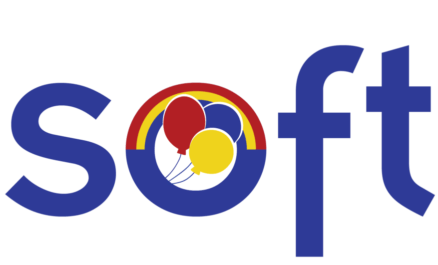
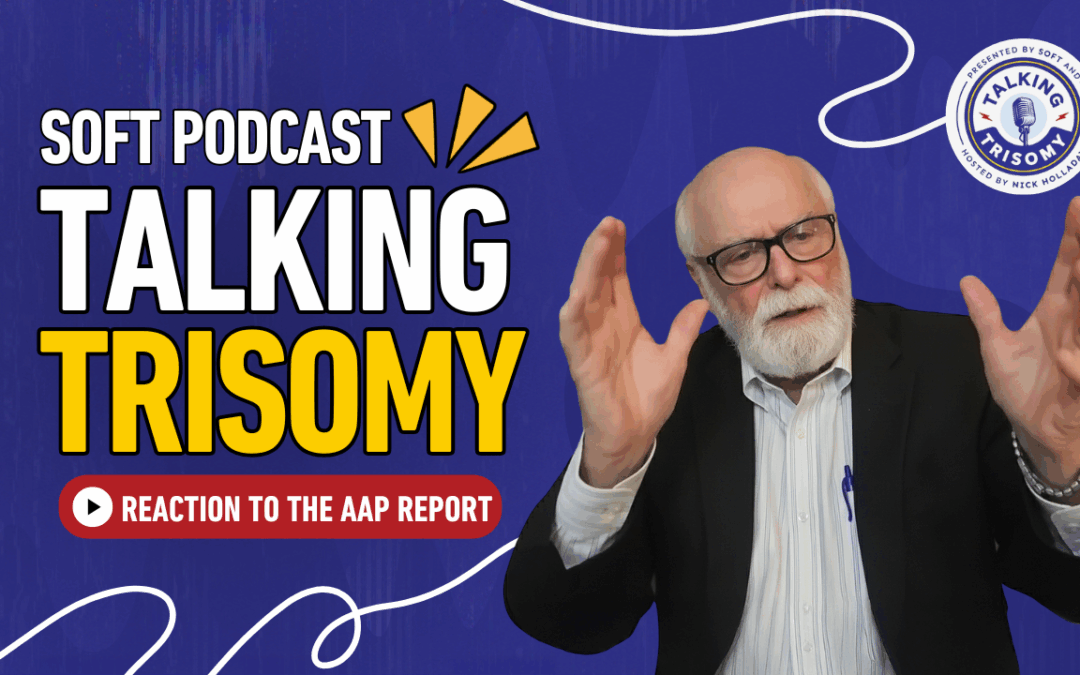
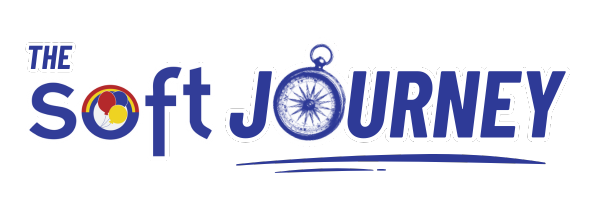
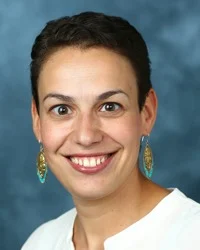
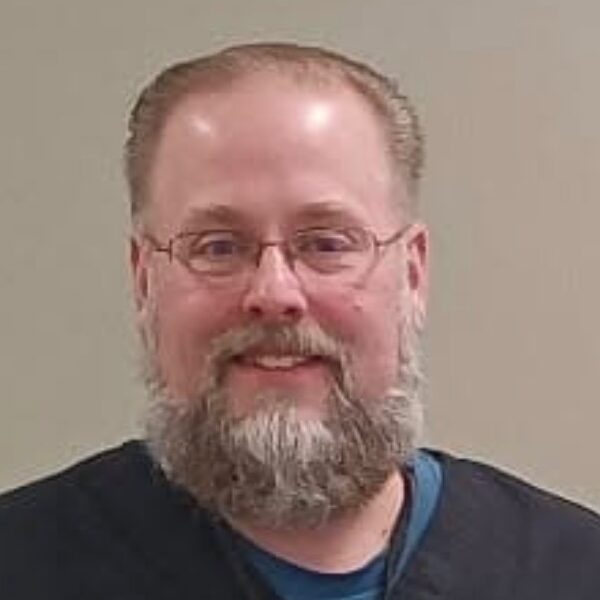

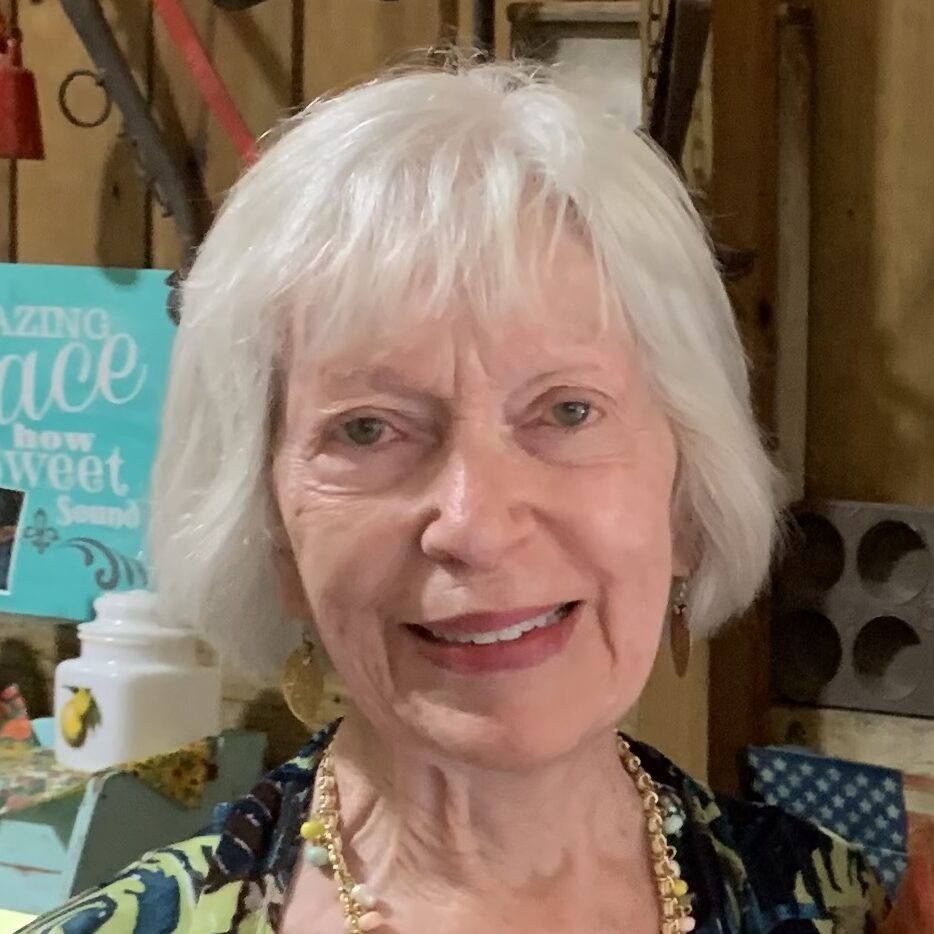

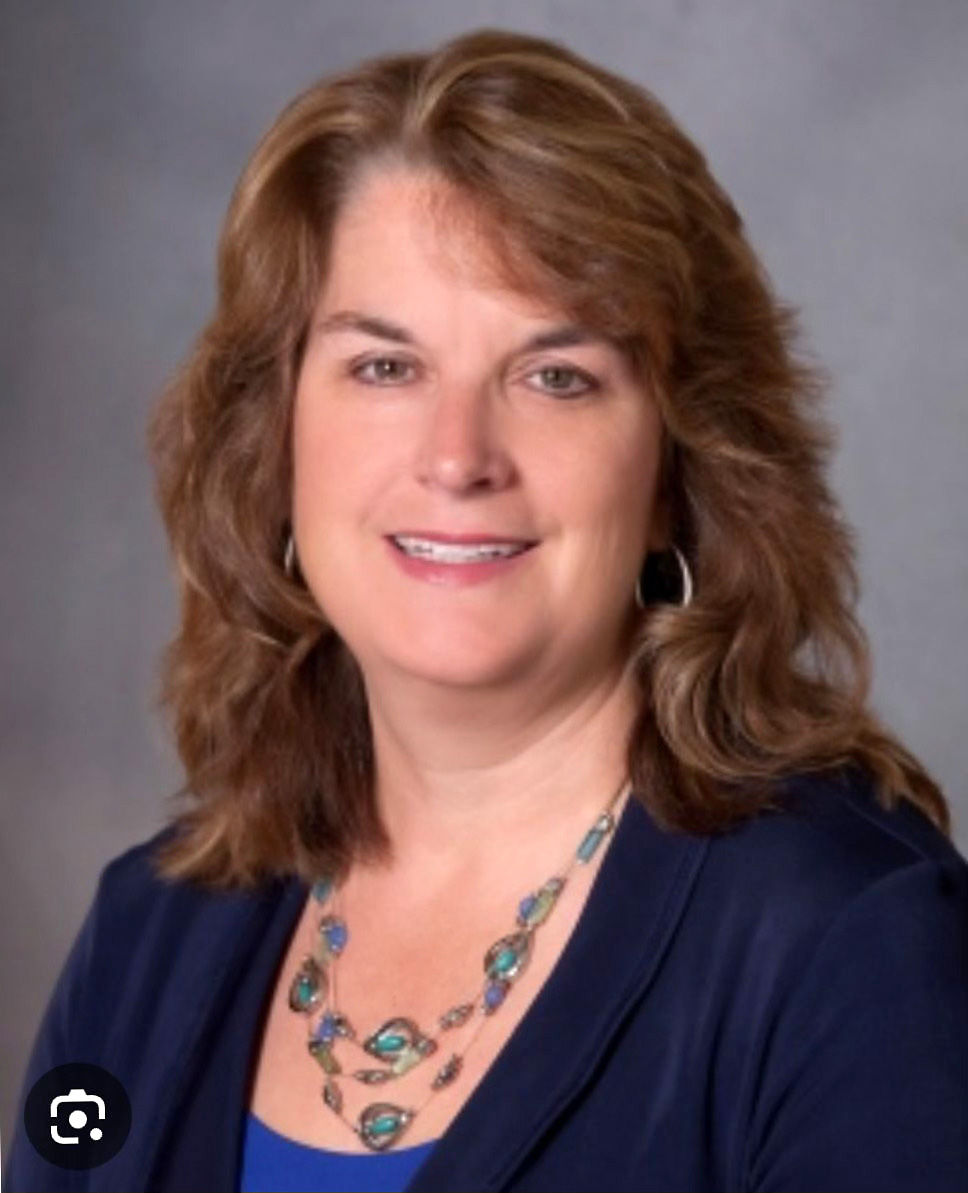
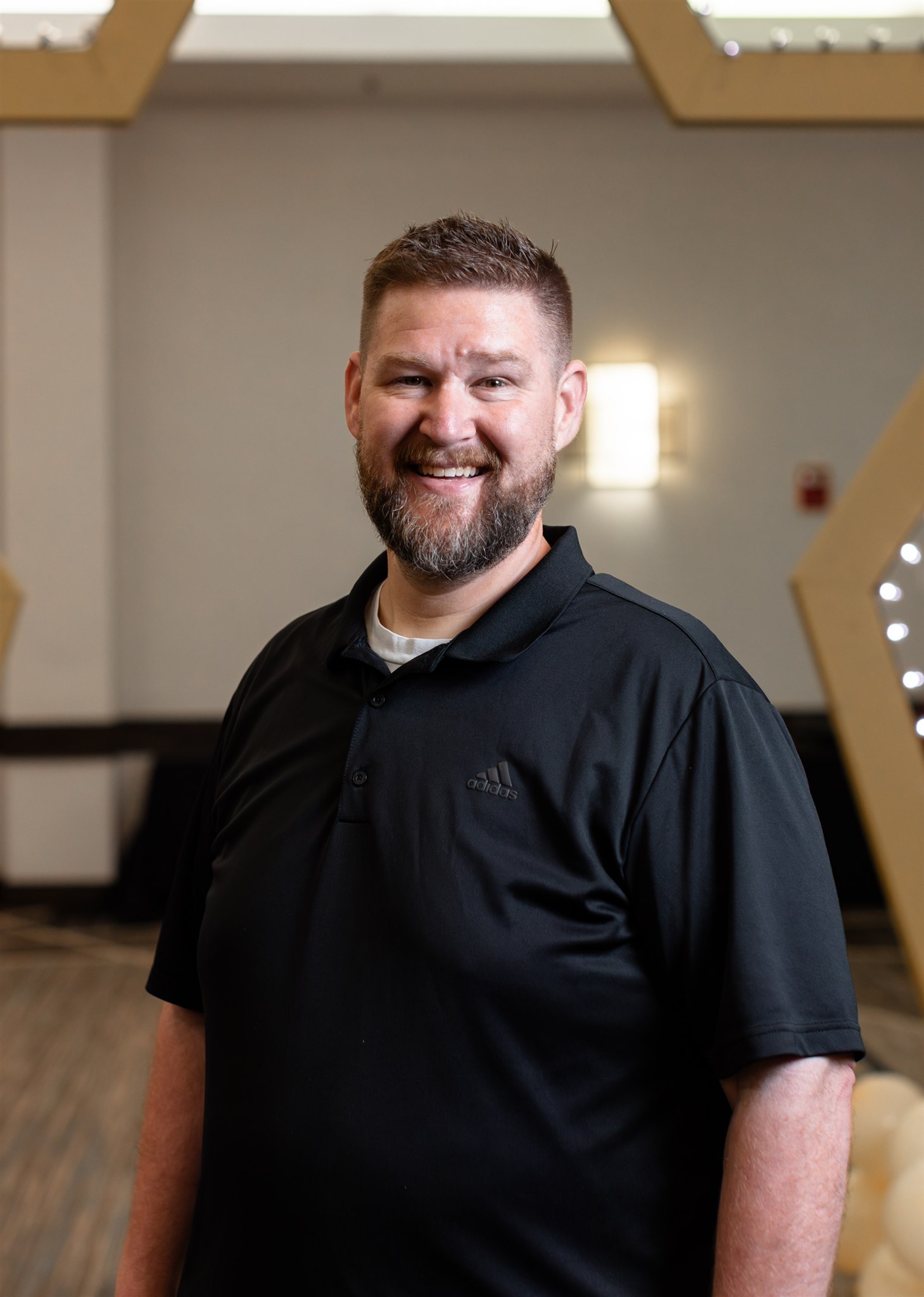
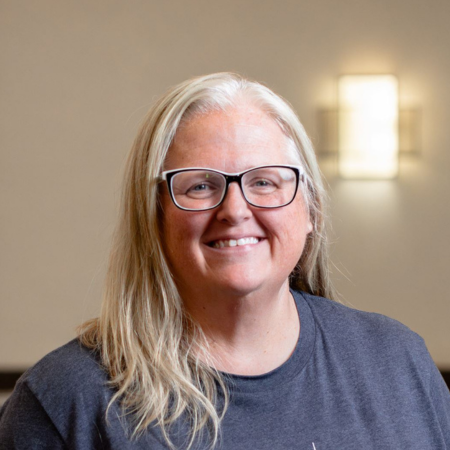

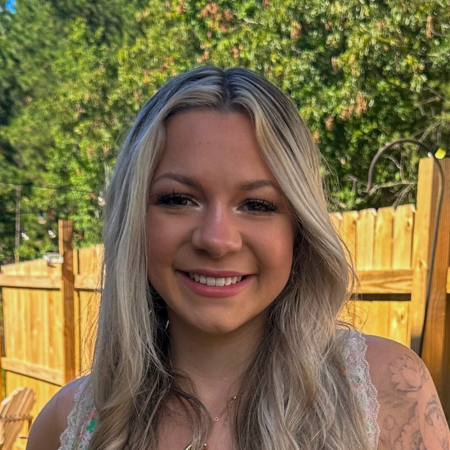
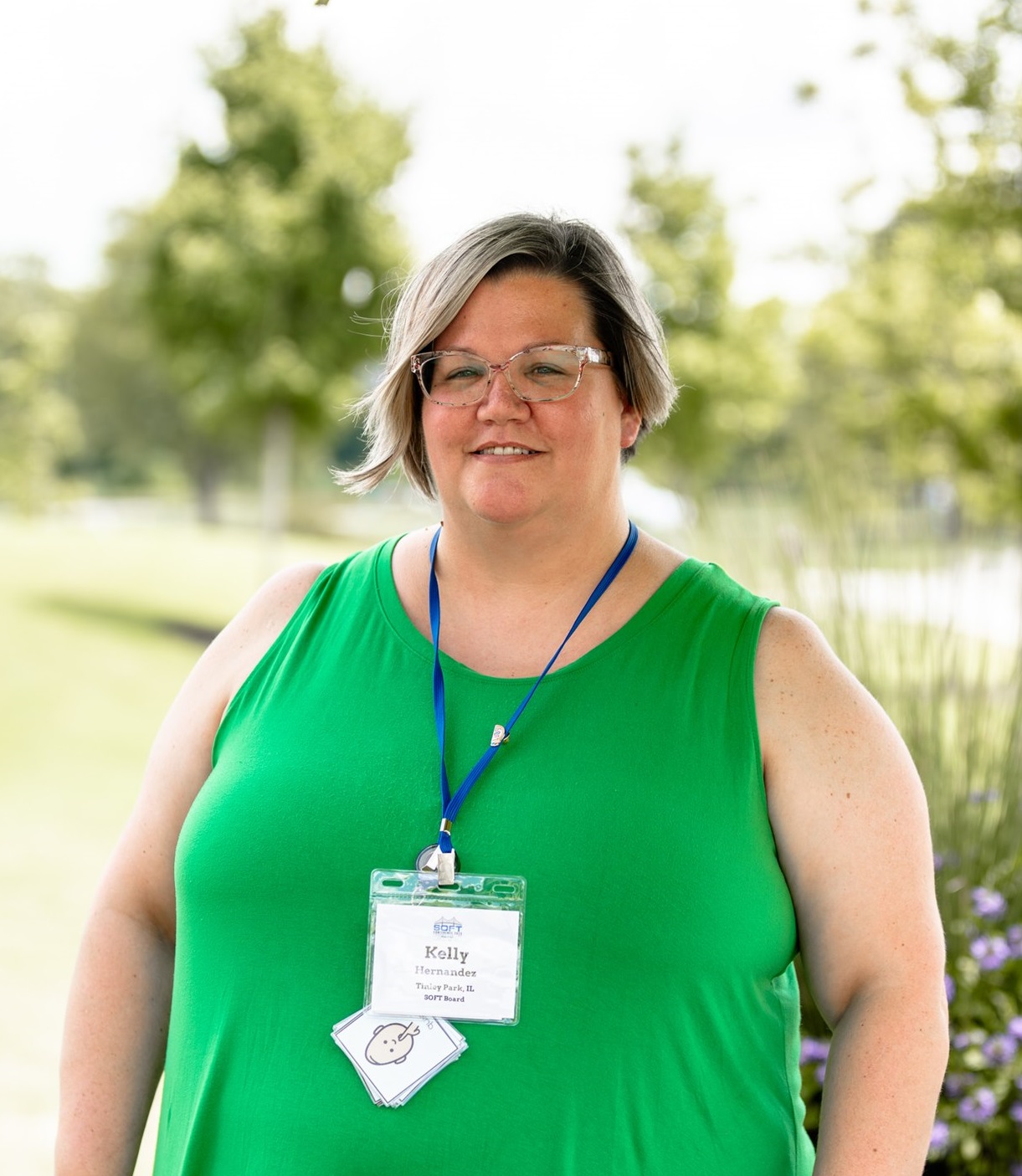
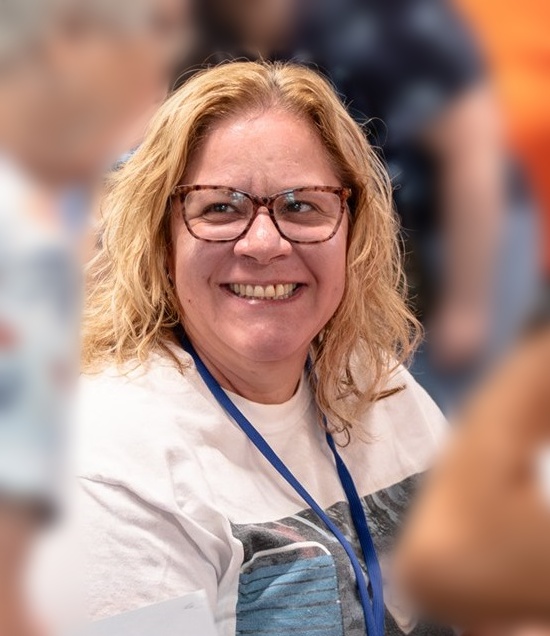
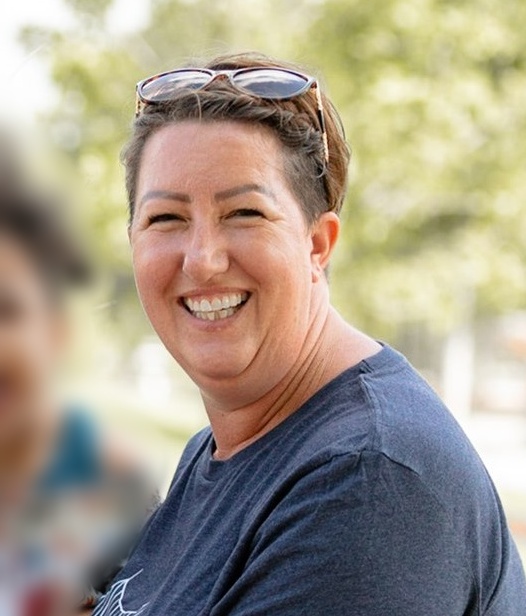
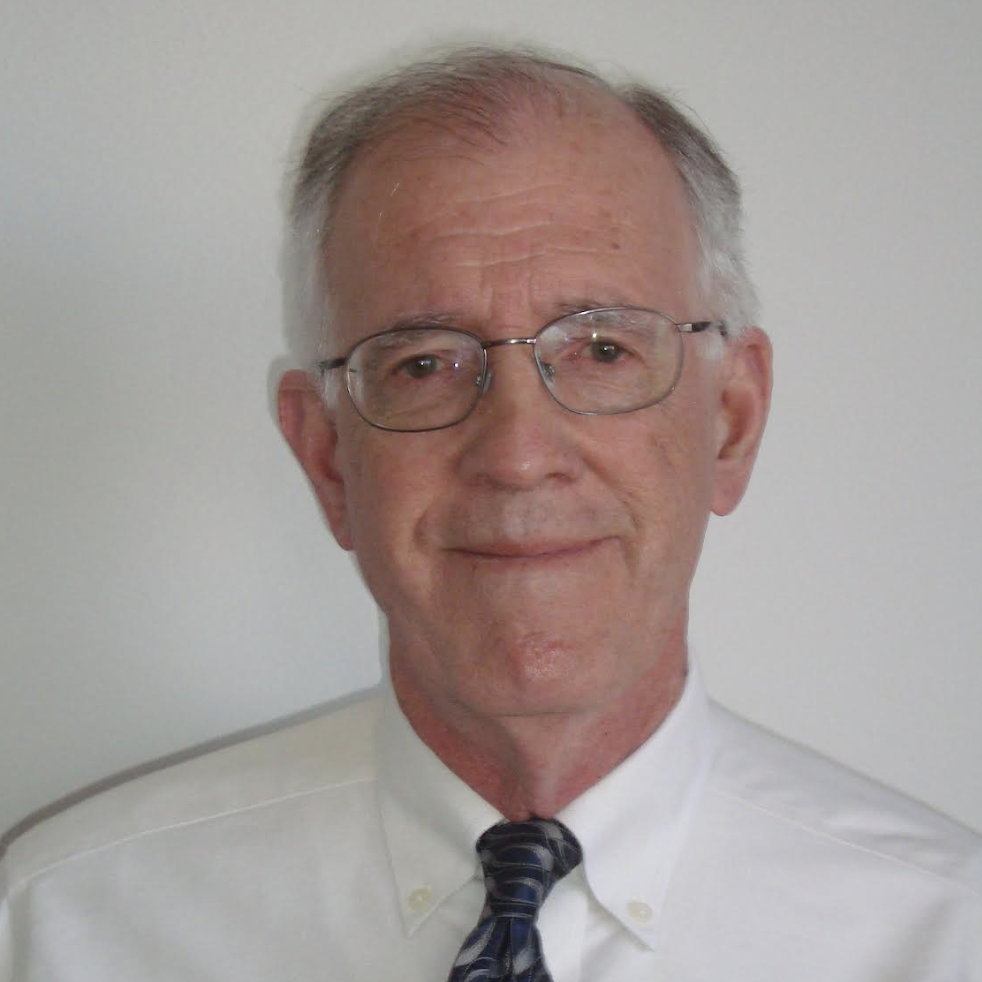
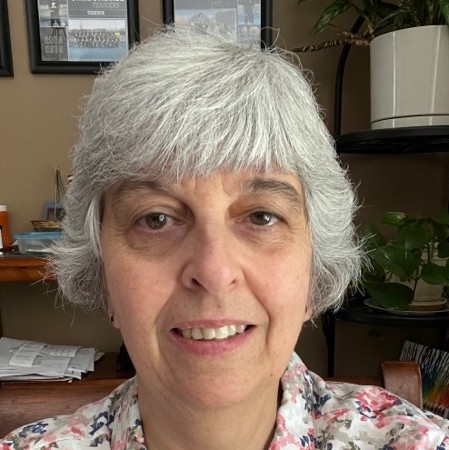
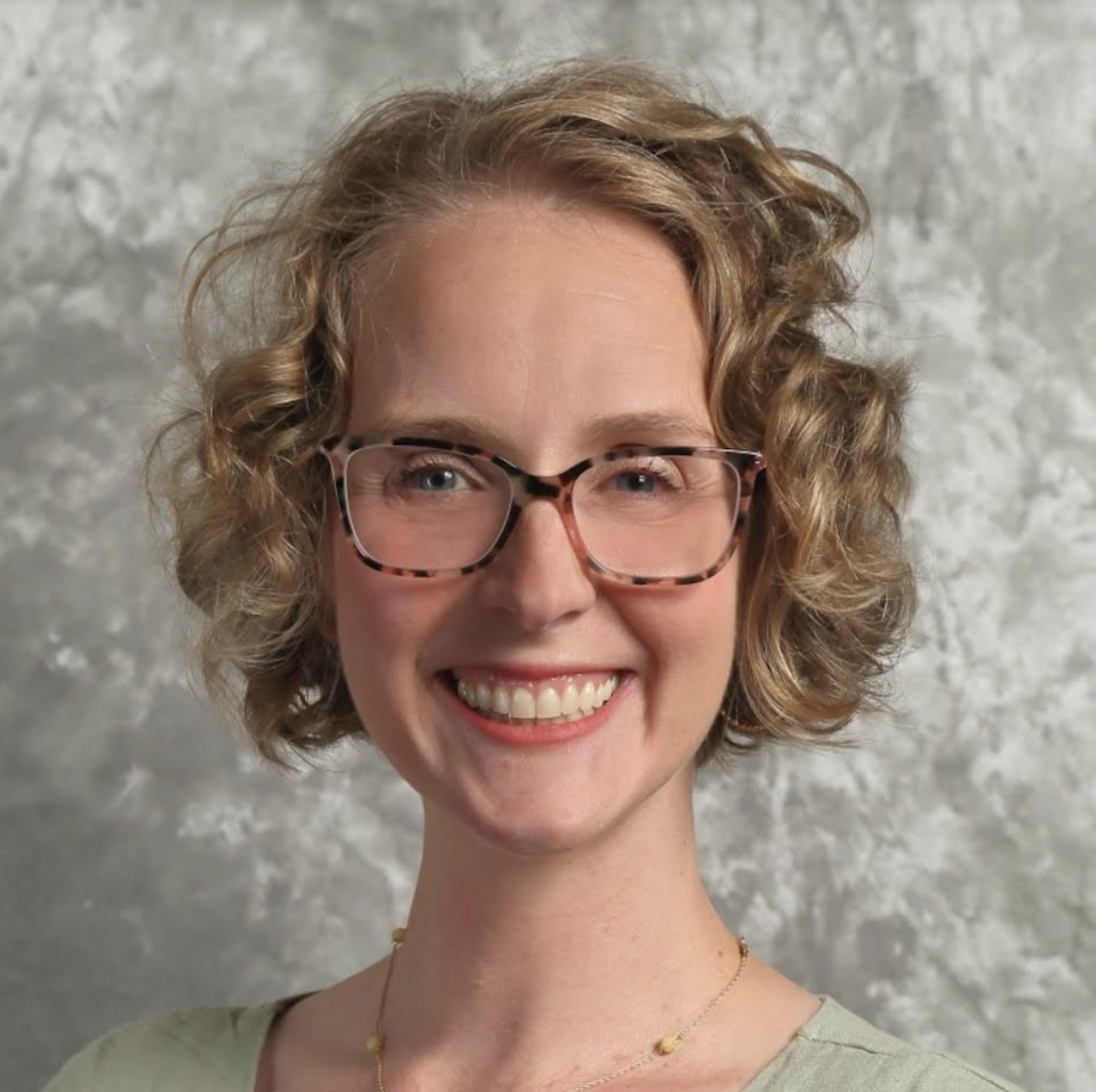
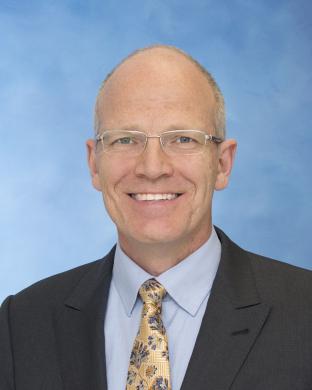
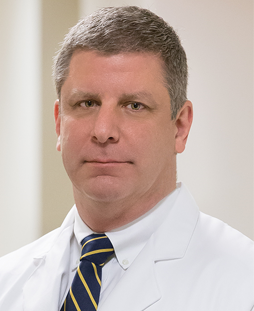

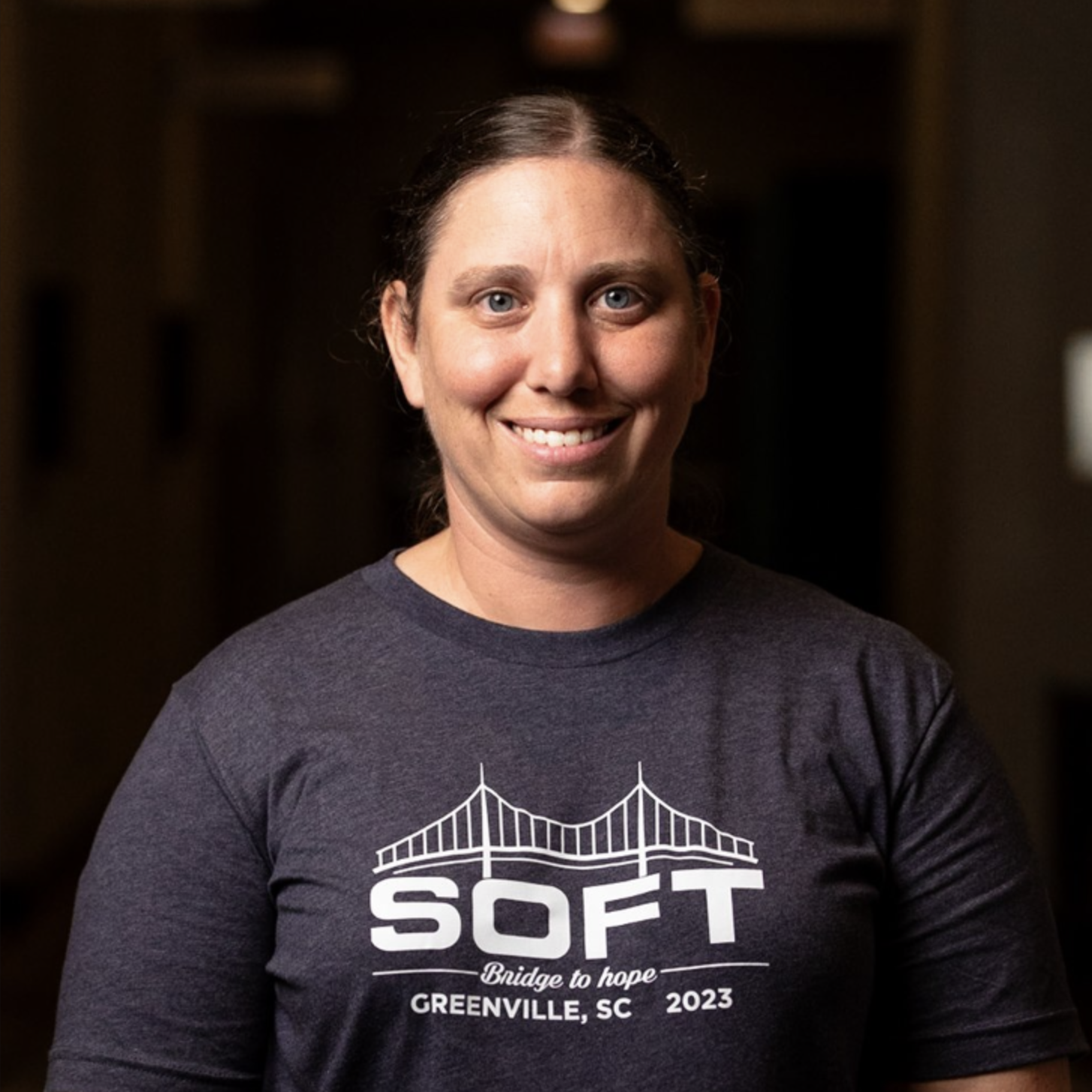

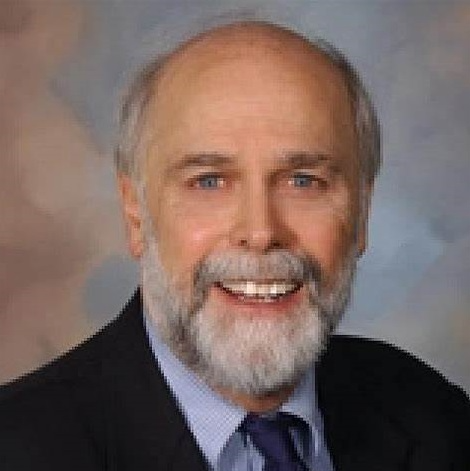

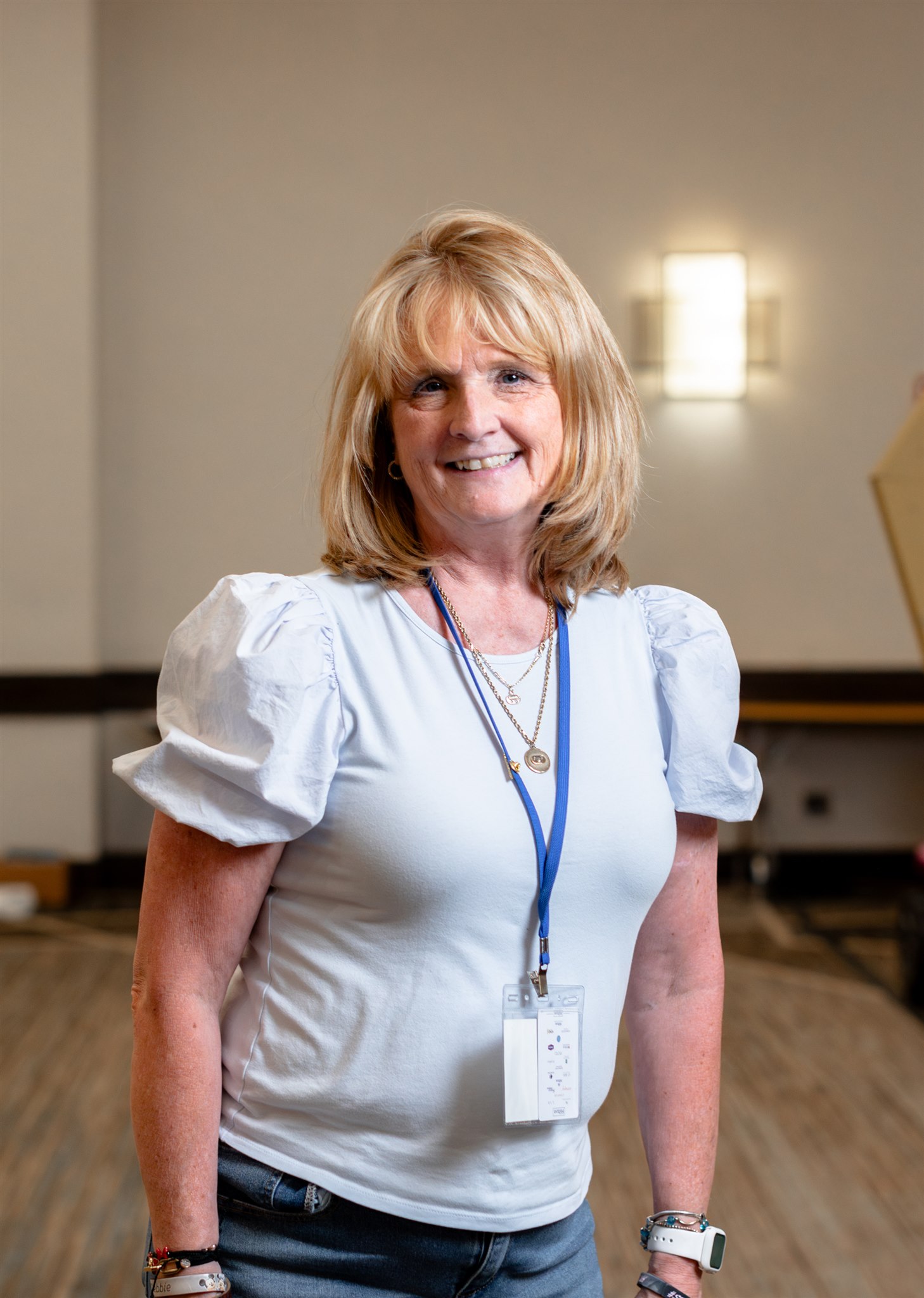
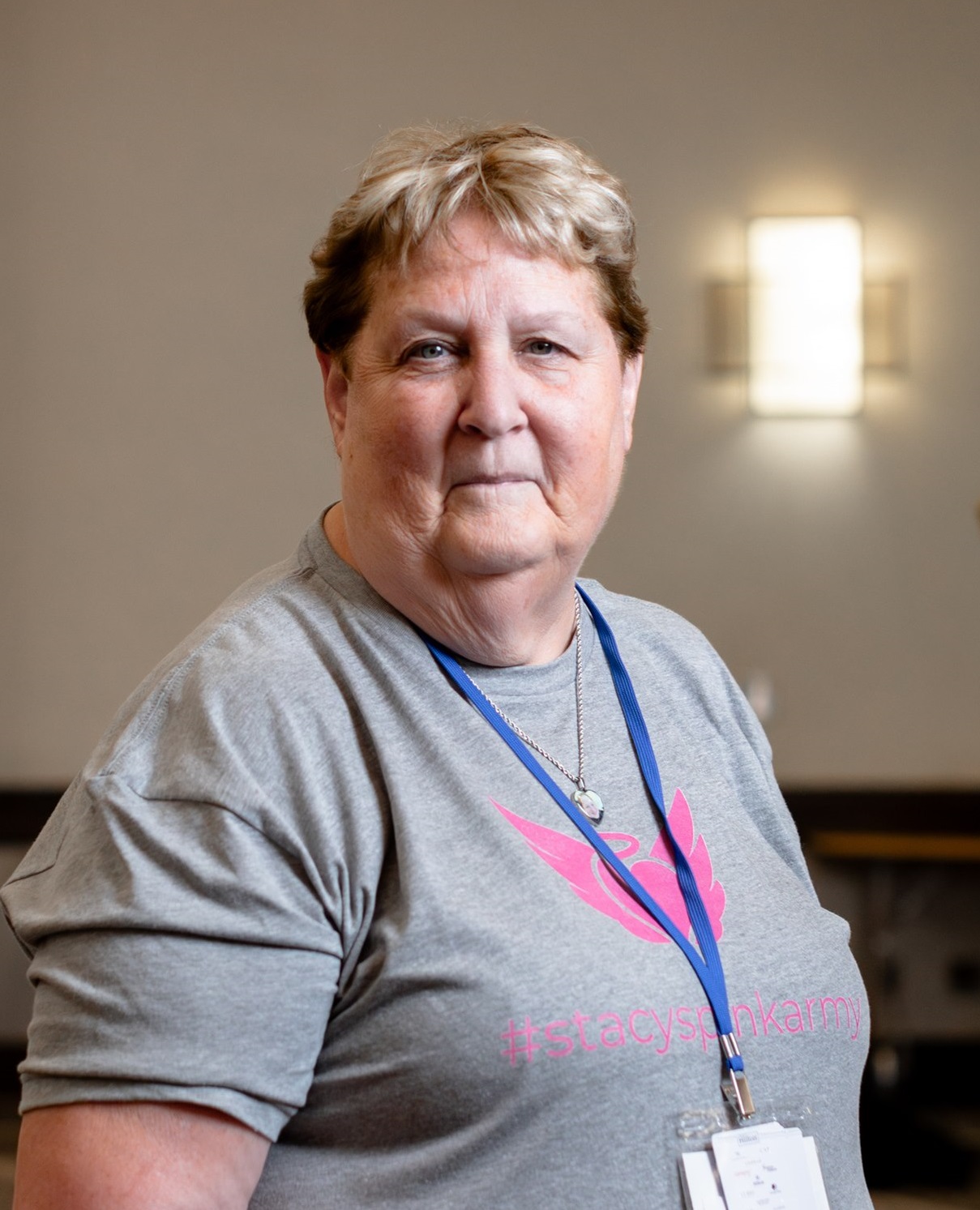
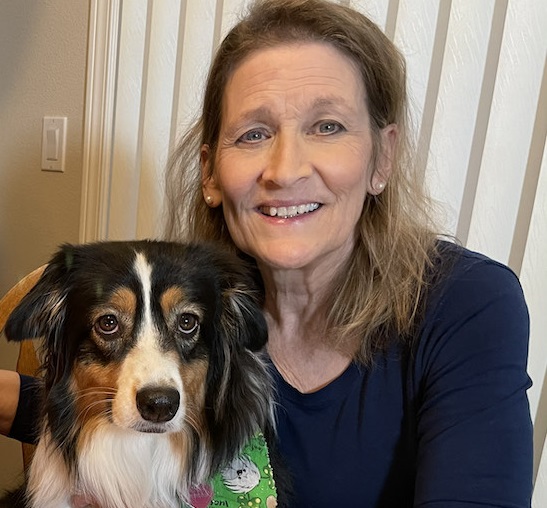
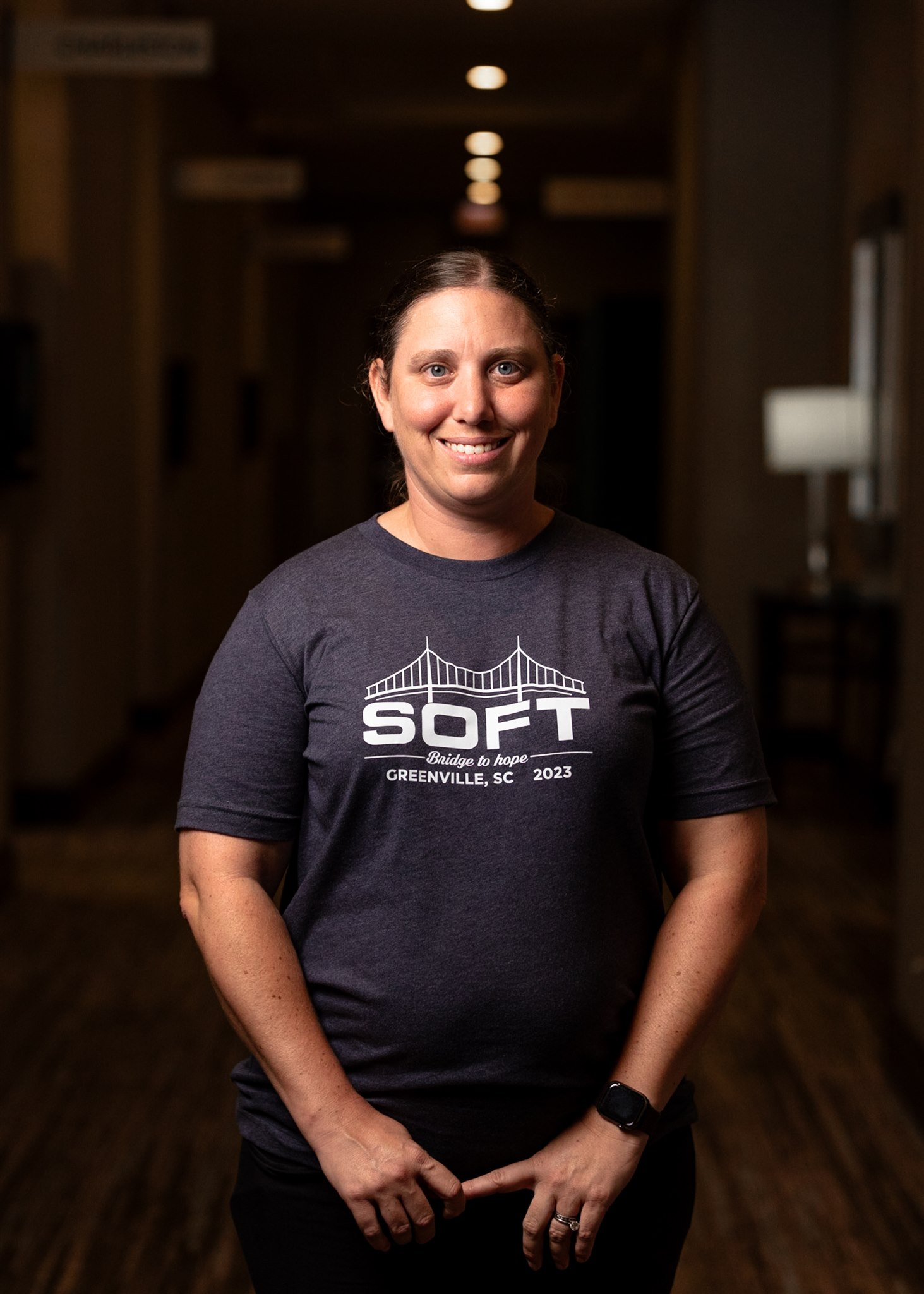
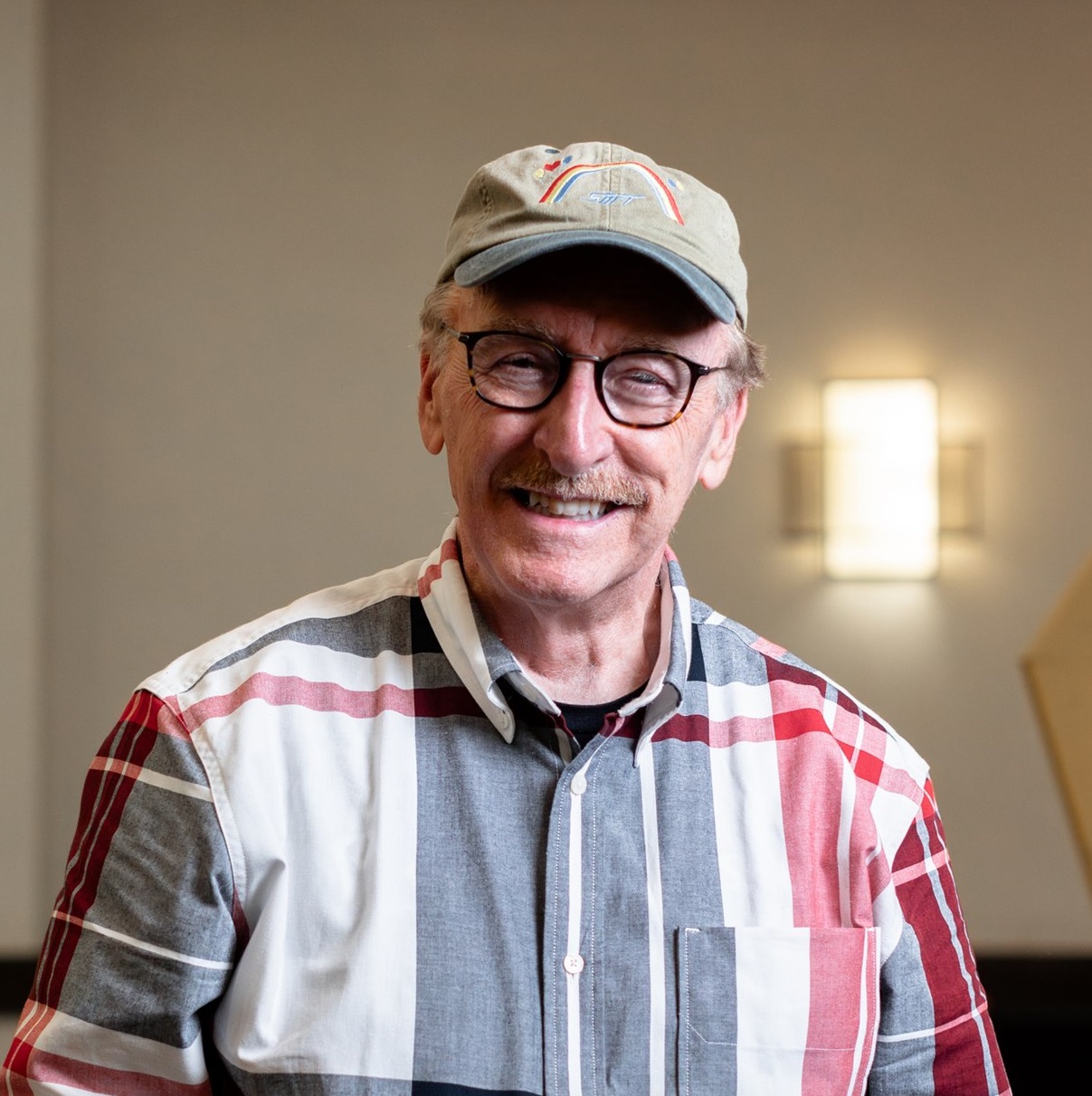
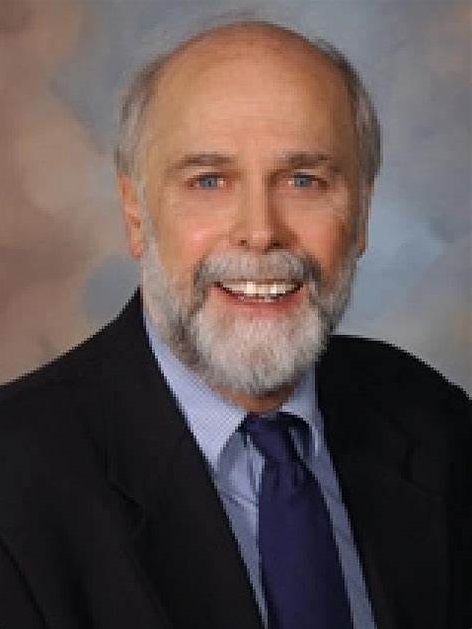
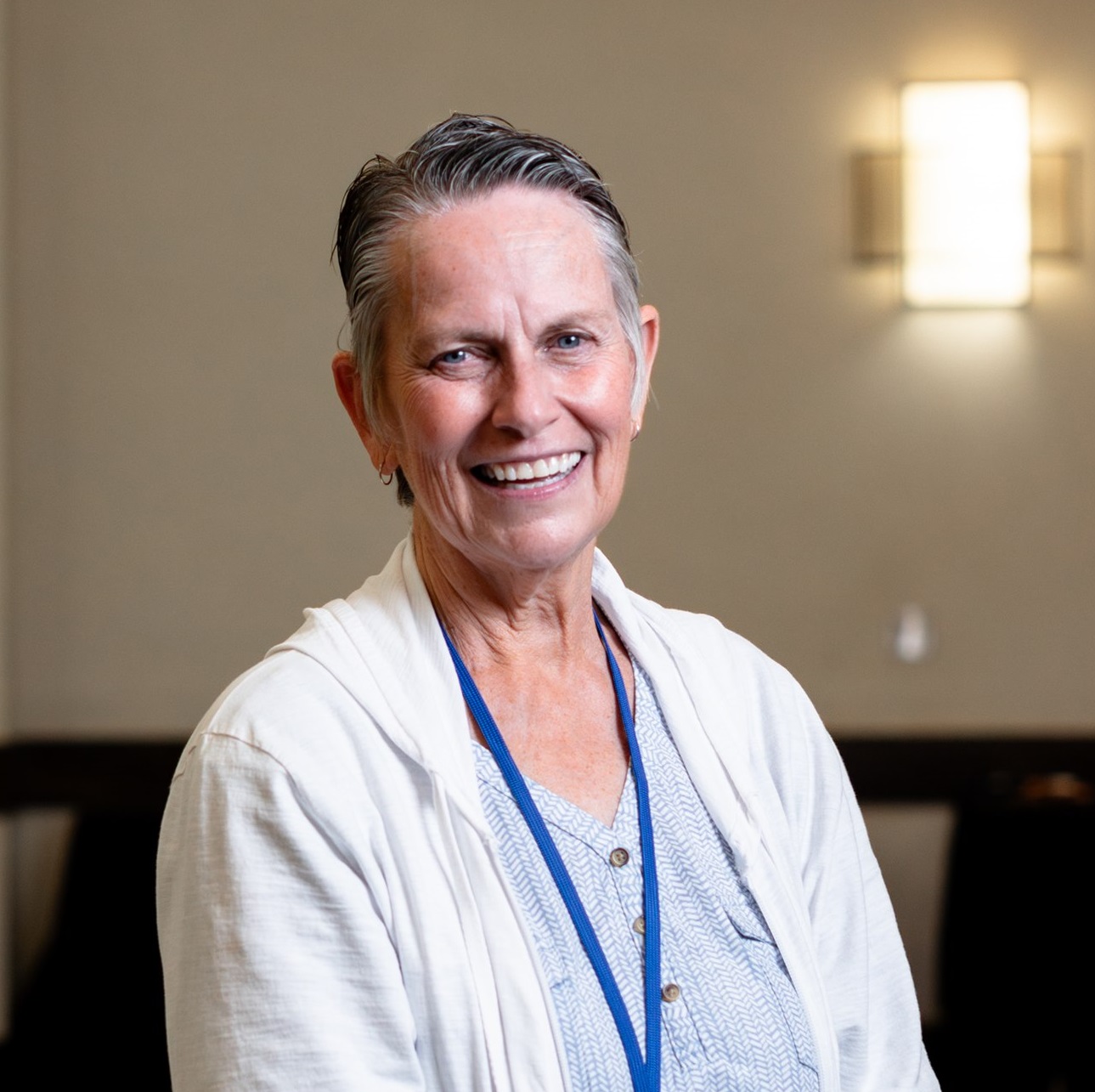

Recent Comments